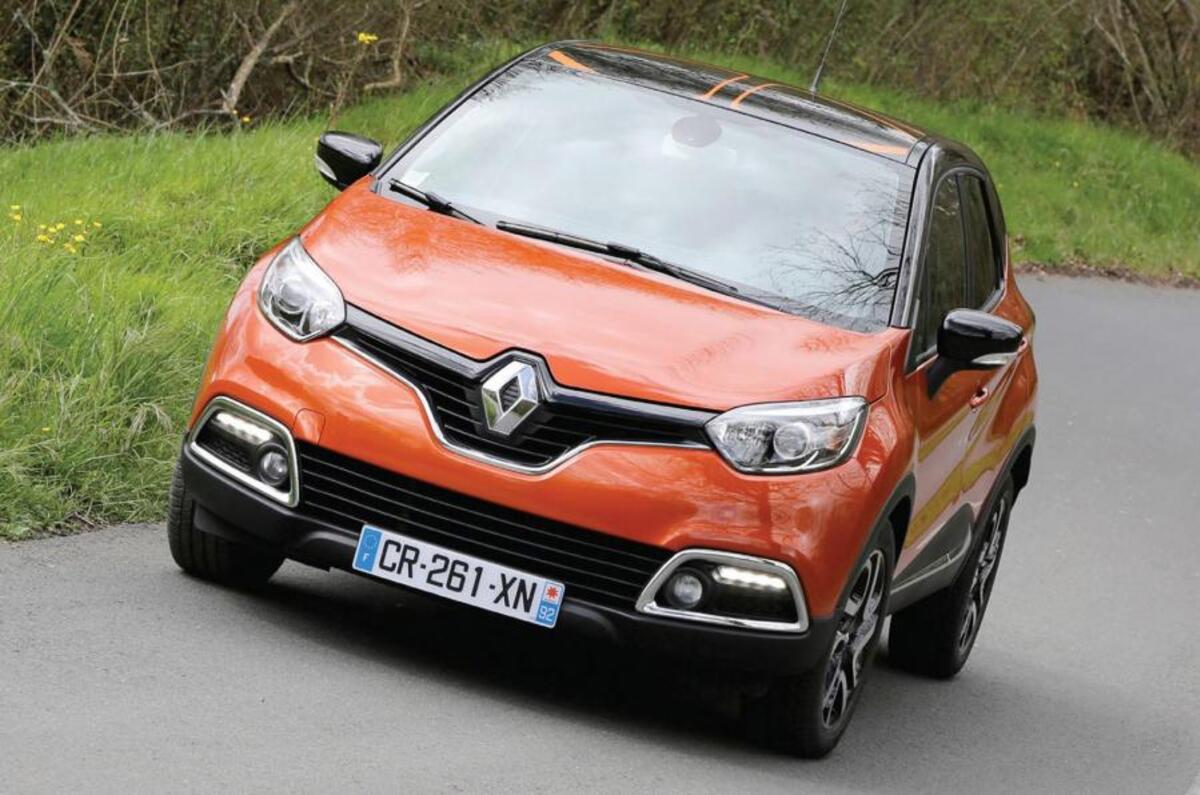Renault has revealed that it will equip its diesel cars with a new exhaust gas recirculation (ECR) system from July 2016, to reduce the output of nitrogen oxide (NOx) by as much as 50% in some models.
The French car maker says the extended ECR system will be fitted to all of its new Euro 6b-compliant diesel vehicles and will have no noticeable effect on performance and fuel consumption.
Existing owners of Renaults with Euro 6b engines will also be able to have the new ECR fitted free of charge from October. The modification includes reprogramming the injector controller.
Renault says it has been testing the new system since July 2015 and has been able to double the distance a car can run with it working at maximum efficiency.
With the addition of an enhanced NOx trap, Renault is claiming to have halved the NOx emissions of models in certain circumstances, although it was unable to provide more detailed information at this stage.
Renault pledged to lower the NOx emissions of its range last year, and this news would appear to represent the first of several stages in this process.
The car maker has increased its investment in emissions reductions technology in recent months but has been quick to emphasise how this work is voluntary and not due to its cars failing to meet emissions limits.
Renault recalled 15,000 cars earlier this year after it was found that the 108bhp dCi engine fitted to the Renault Captur emitted increased emissions levels at certain operating temperatures. The firm said the cars were recalled "to address an error in the engine's calibration unit", and that no further engines were affected.




Add your comment